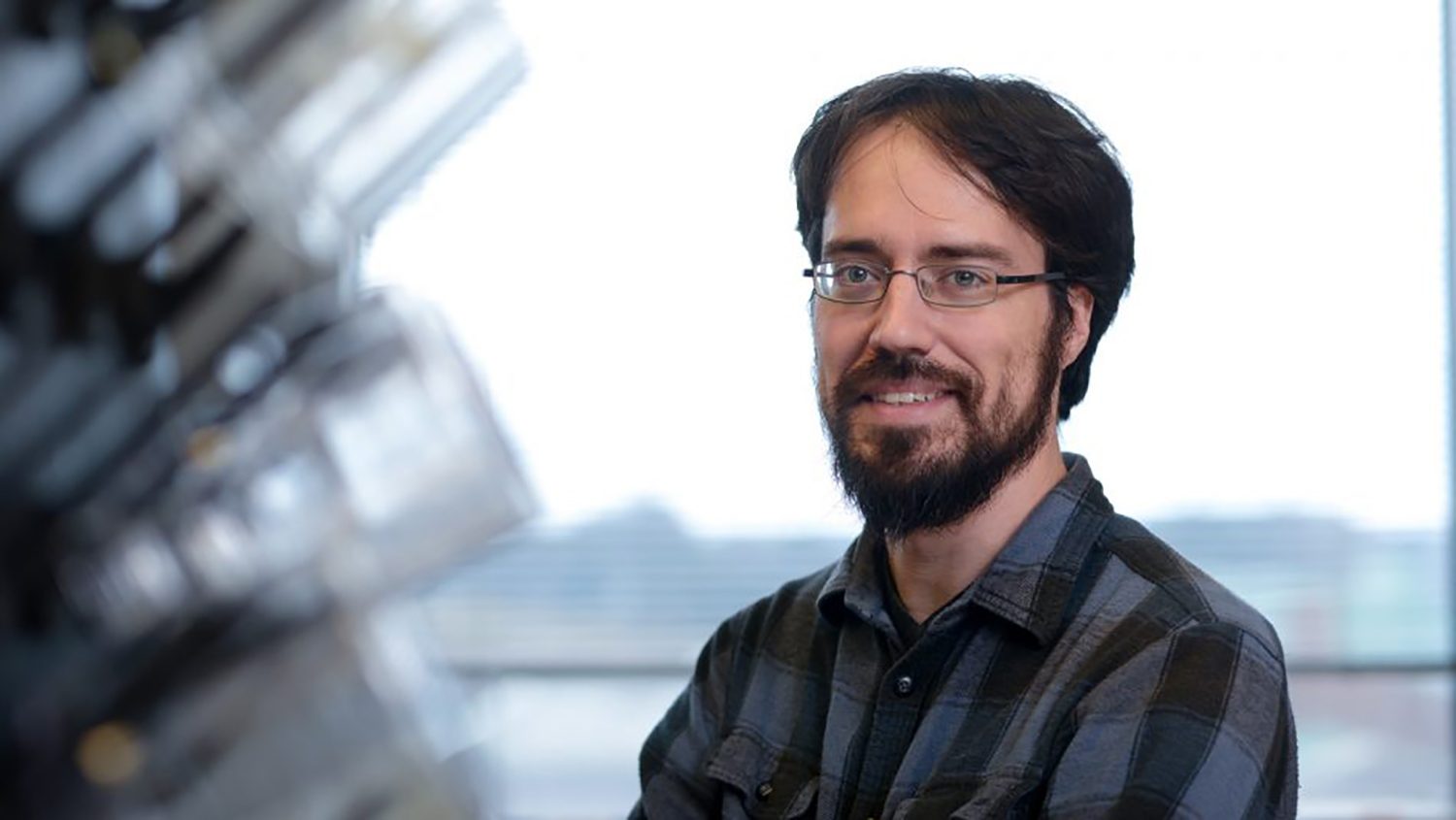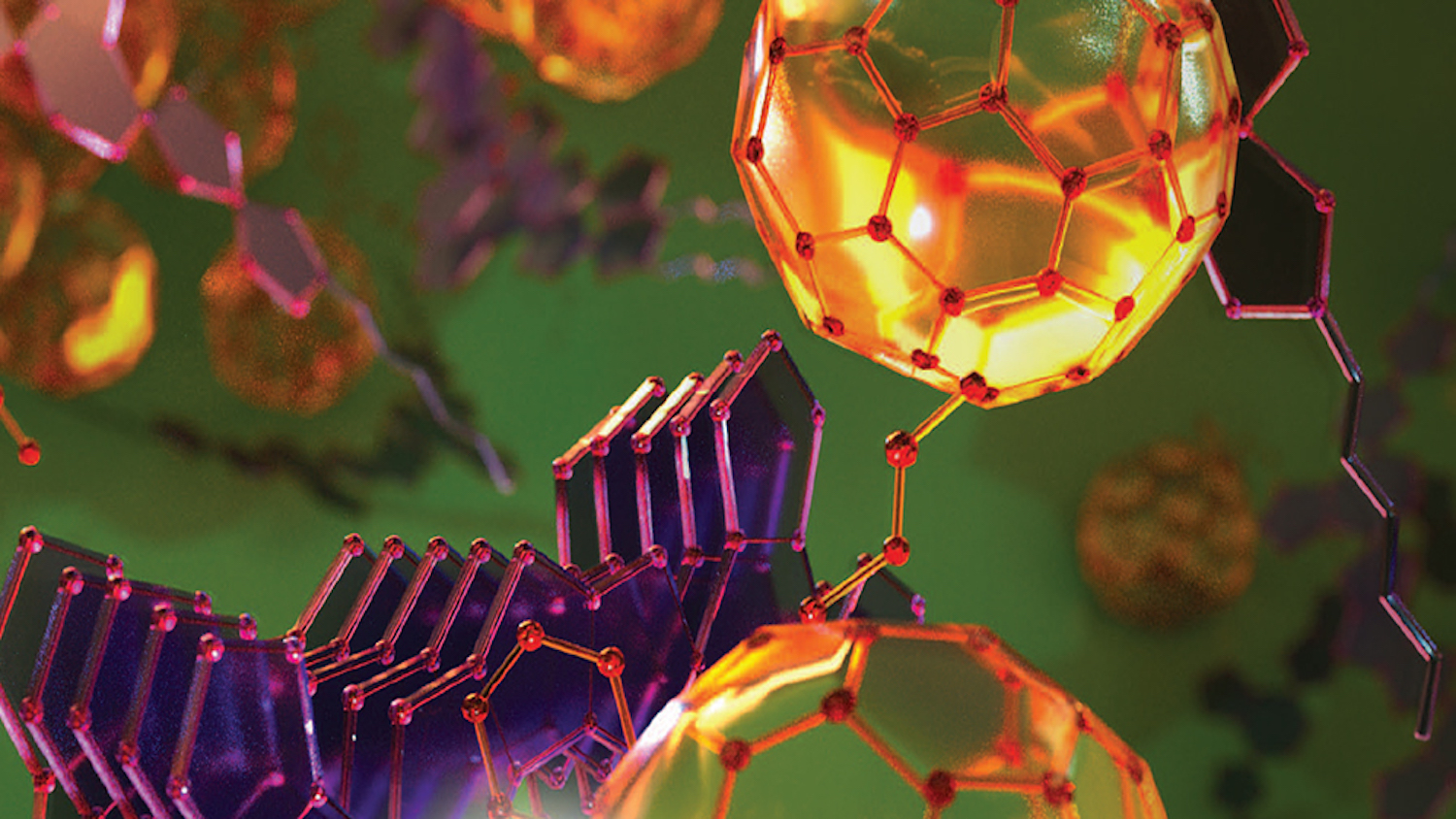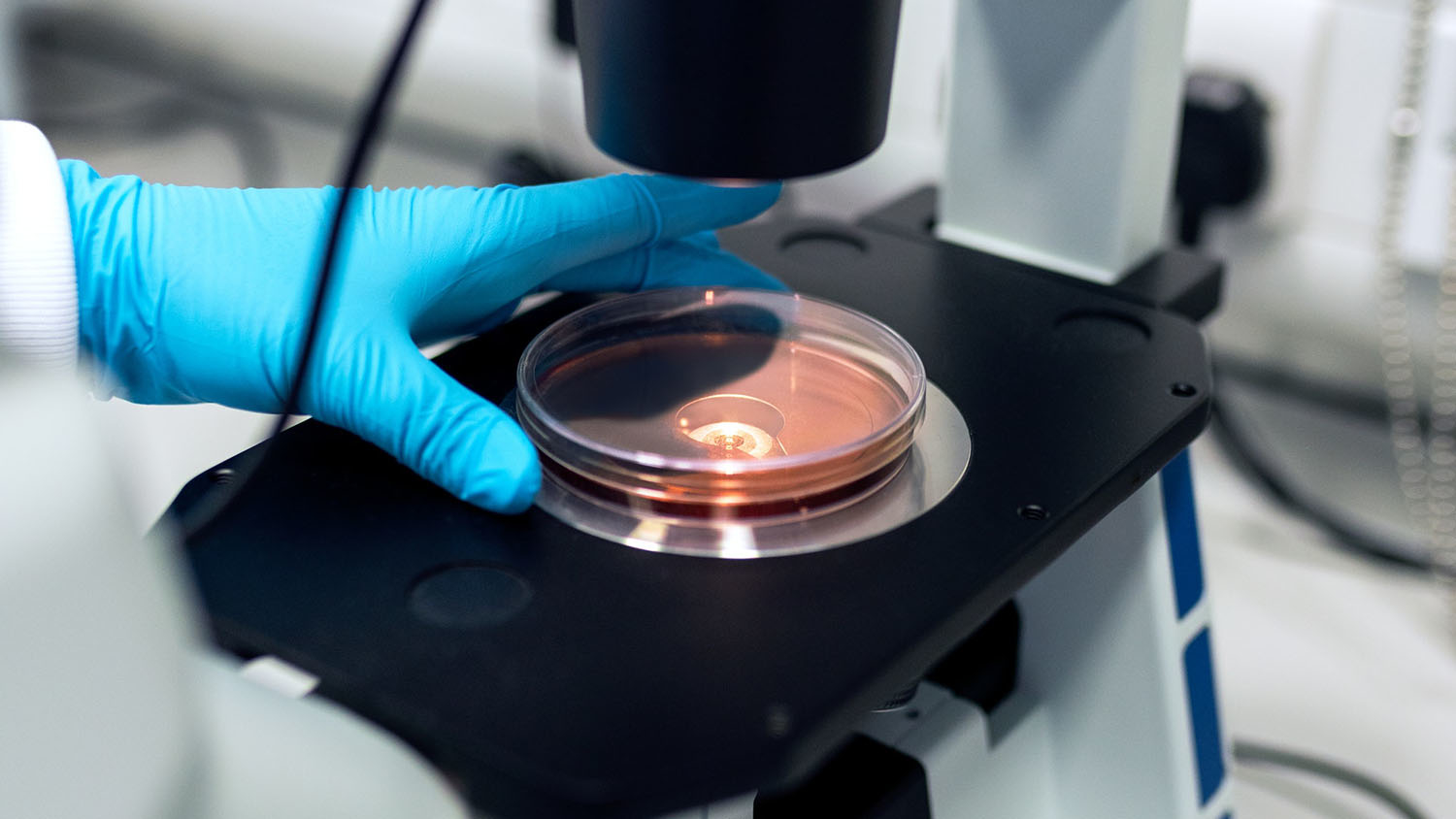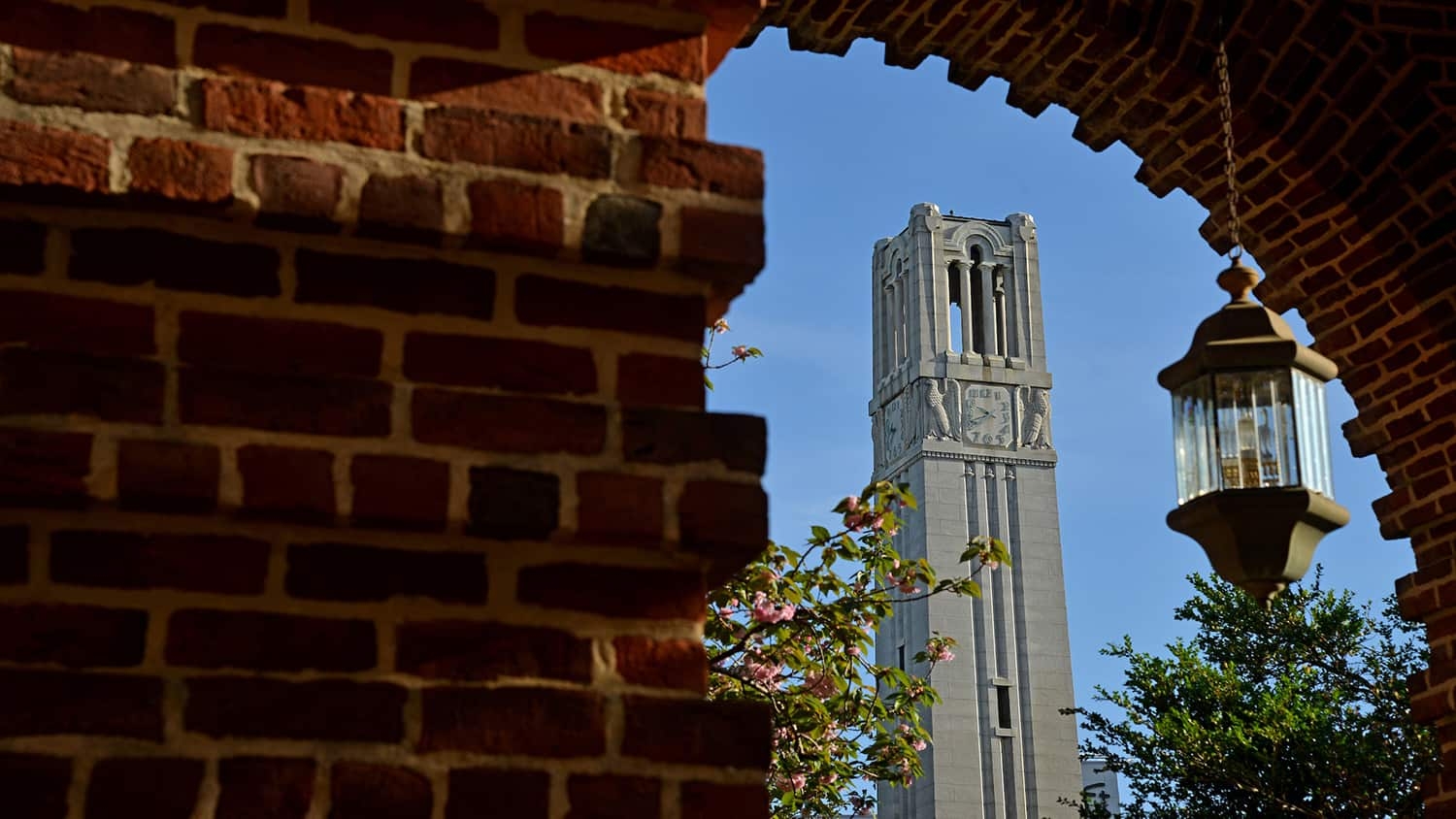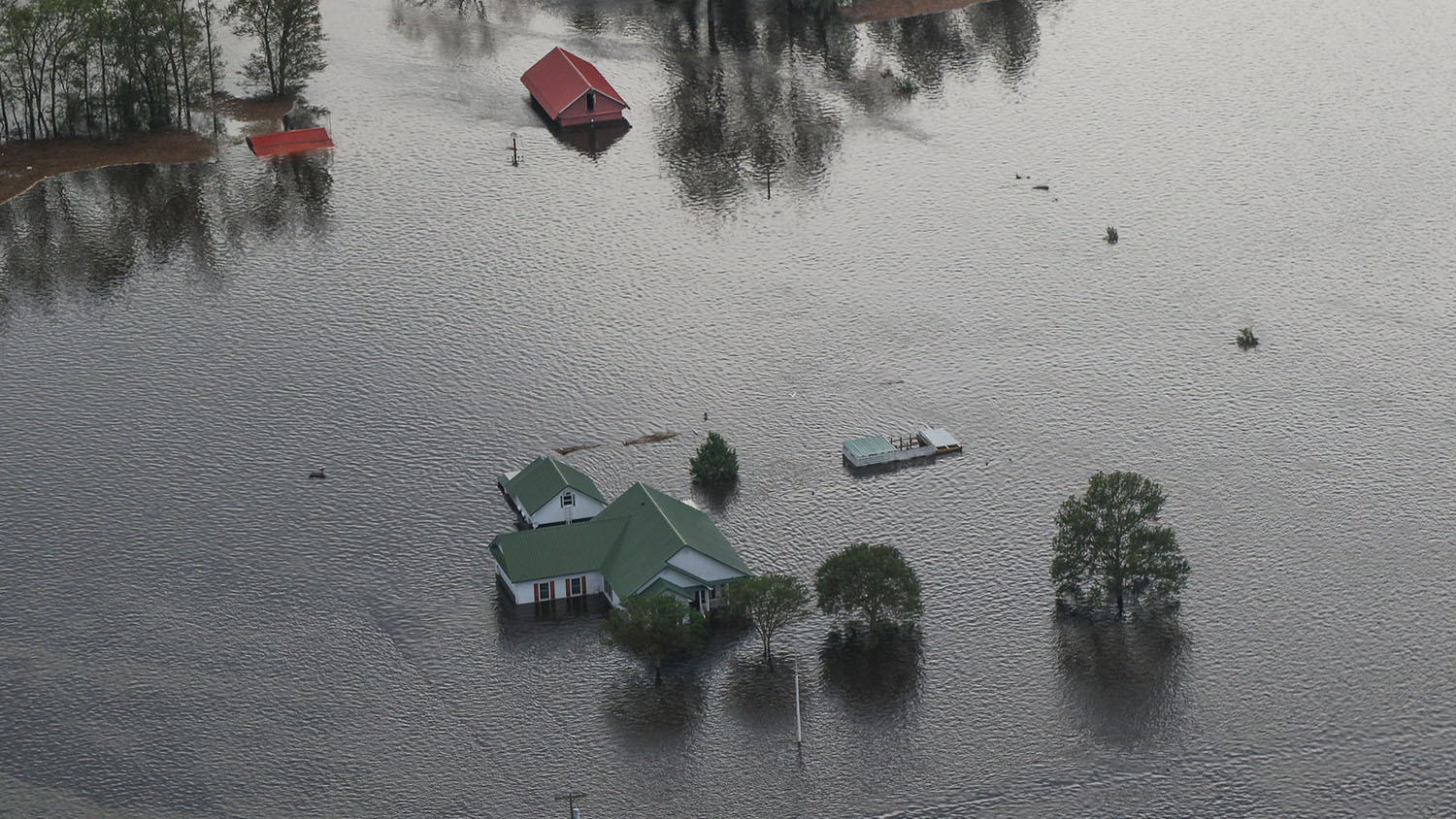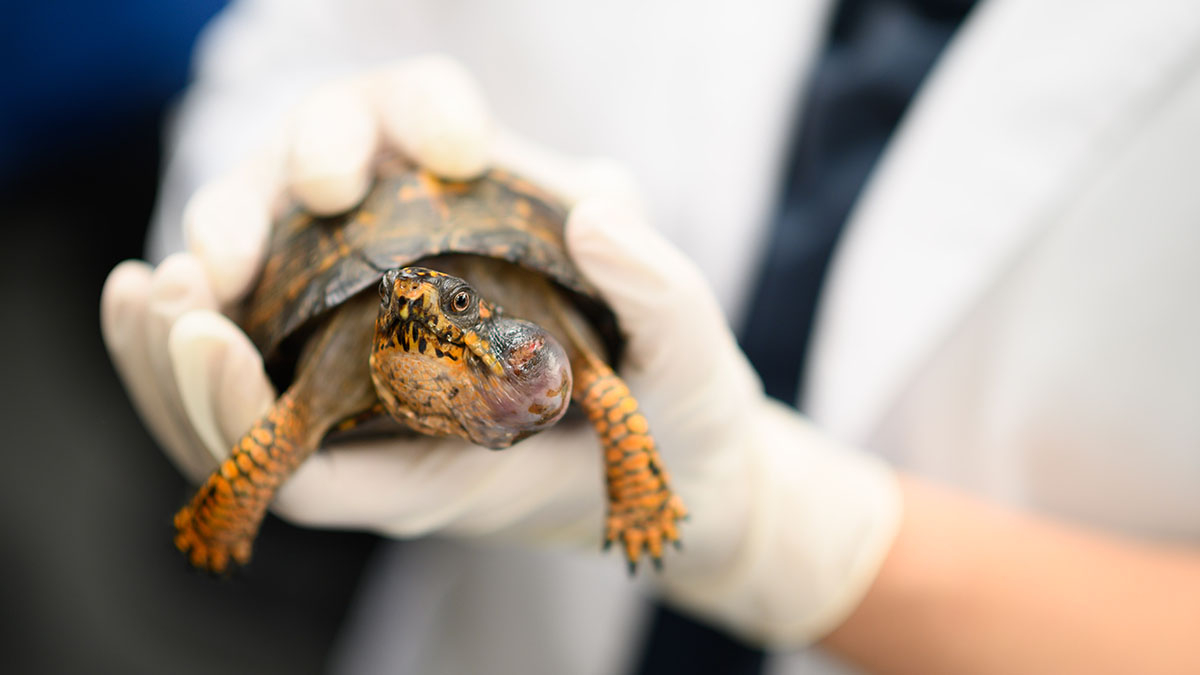Our Clusters
Advancing Microbiome Data Analyses with Benjamin Callahan
From the American Society for Microbiology, published October 5, 2022. With his widely used microbiome data analysis tools, and dedication to data interoperability and accessibility, Dr. Benjamin Callahan, Ph.D., the 2023 ASM Microbiome Data Prize awardee and an associate professor of […]
Dr. Benjamin Callahan awarded ASM Microbiome Data Prize
About the Prize The ASM Microbiome Data Prize recognizes distinguished research achievements that support open data practices, development of standards and processes for data quality and sharing, and data workflows and management best practices that have advanced the microbial sciences. […]
NC State to host FPi15 Conference
NC State will host the 15th International Symposium on Functional π-Electron Systems June 17 – 21, 2023.
Researchers Engineer Probiotic Yeast to Produce Beta-Carotene
The work shows how a suite of genetic engineering tools can be used to modify the yeast.
New Framework Improves Performance of Deep Neural Networks
A new framework for building deep neural networks – called AOGNets – outperforms existing state-of-the-art artificial intelligence frameworks, including the widely-used ResNet and DenseNet systems, in visual recognition tasks.
Two Carbon Electronics Cluster Members Named to Highly Cited List
The cluster, part of the Chancellor’s Faculty Excellence Program, is also adding two new members in January.
Environmental Health Science Faculty News and Grant Successes
2020 CHHE Outstanding Member Award Congratulations to Drs. Michael Bereman and Mike Cowley for being selected to receive the 2020 Center for Human Health and Environment Outstanding Member Award. This award is given in recognition of their outstanding contributions to […]
Human, Swine Waste Pose Dual Threats to Water Quality After Flooding
People in eastern NC face multiple water pollution hazards after hurricanes.
2021 University Global Partnership Network (UGPN) Research Collaboration Fund Announced
The UGPN exists to create a foundation for international collaboration enabling academics and students from world-leading universities to work together on issues of global importance. Its members are North Carolina State University (NC State), the Universidade de São Paulo (USP), […]
NC State Veterinary Medicine News and Updates, July 2021
Behind the scenes with the Turtle Rescue Team, a new distinguished chair honor and more from a busy month on campus.
